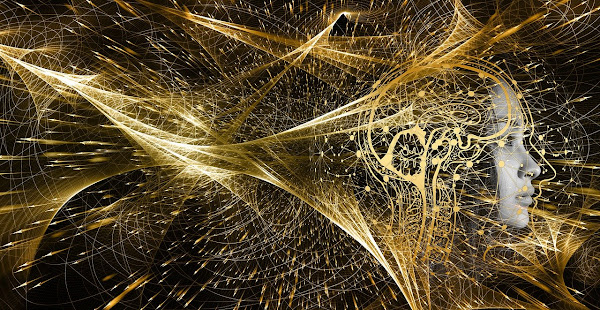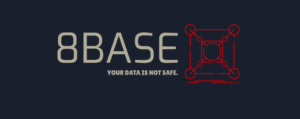Russian scientists have launched the first quantum network with open access in Moscow


Russian scientists have launched in Moscow the first quantum network with open access, in which all interested organizations will be able to participate.
“The main advantage of our quantum network is its openness compared to those that were developed earlier. This could radically change the quantum communications market. Both software developers and organizations wishing to connect experimental sections of their infrastructure to implement quantum-protected solutions can participate in this project,” said Yuri Kurochkin, head of the quantum communications group at the Russian Quantum Center.
Mr. Kurochkin and his colleagues have launched Russia’s first interuniversity quantum network based on an open architecture. Thanks to this, it can be scaled and expanded in any way.
The network is based on the technology of quantum key distribution, as well as comprehensive network protection systems. Existing fiber optic lines are used for key and data transmission, which significantly reduces the cost of operating and expanding the network.
The network is configured in such a way that it is allowed to be used by interested organizations primarily for the development of modern software applications in the field of information security based on the use of quantum keys. In addition, once the network is expanded, scientists plan to study in detail how effectively the procedure for reserving its capacities will work.
Unbreakable quantum communication and cryptography systems began to actively develop in the last ten years. In Russia, the first research networks of this kind appeared in 2014, and in recent years several long-distance and intercity quantum networks have been created, which are used in practice in several branches of major Russian banks.
According to their developers, quantum cryptography and communication systems, in theory, minimize the possibility of “invisible eavesdropping” due to the fact that the laws of quantum mechanics do not allow to copy the states of light particles exchanged by participants in quantum networks. This makes them attractive for the secure exchange of cryptographic keys, which are already used for data encryption in conventional fiber-optic or wireless networks.
If you like the site, please consider joining the telegram channel or supporting us on Patreon using the button below.



![GoPhish Login Page Detected - 34[.]49[.]82[.]229:443 10 gophish](https://www.redpacketsecurity.com/wp-content/uploads/2024/04/gophish-300x90.png)